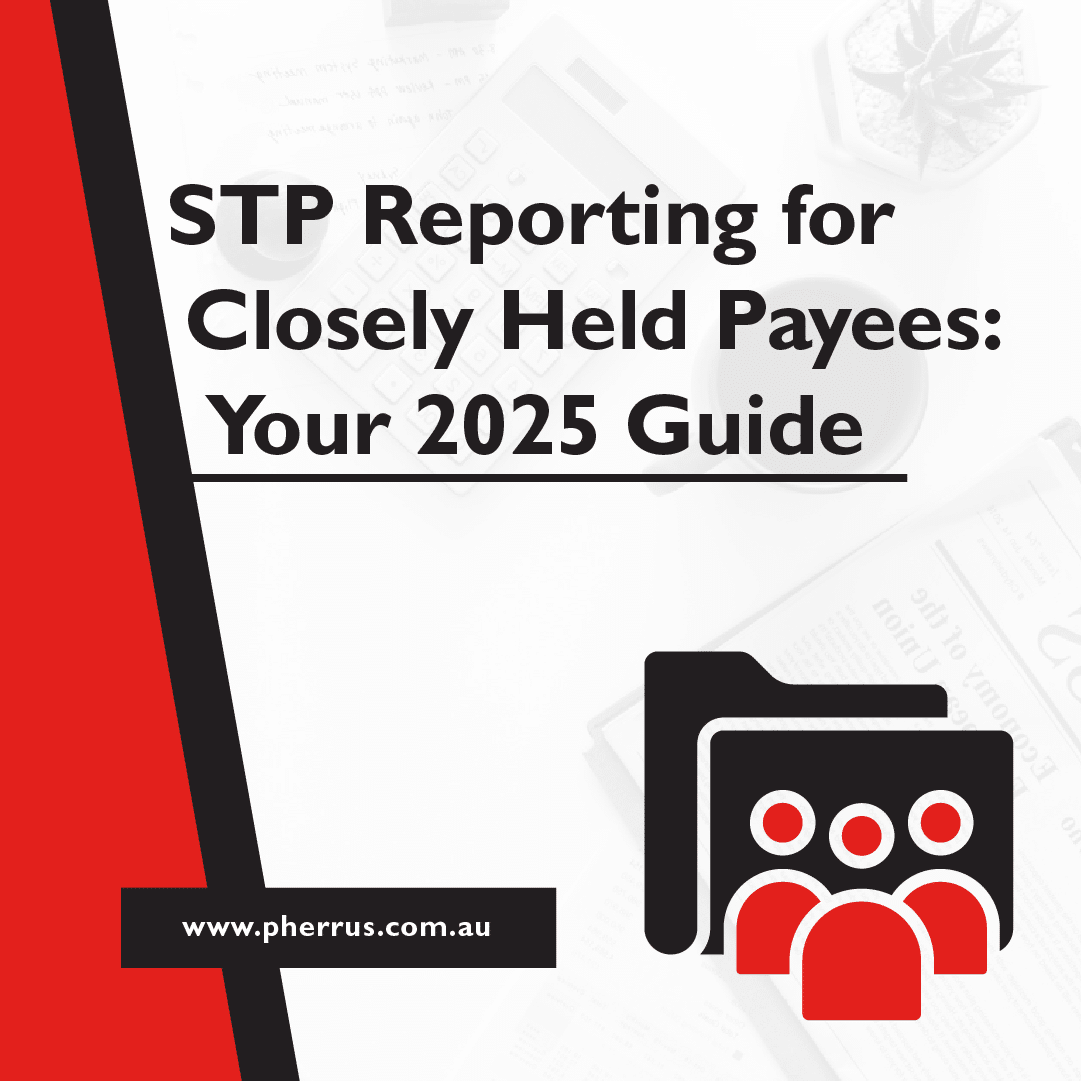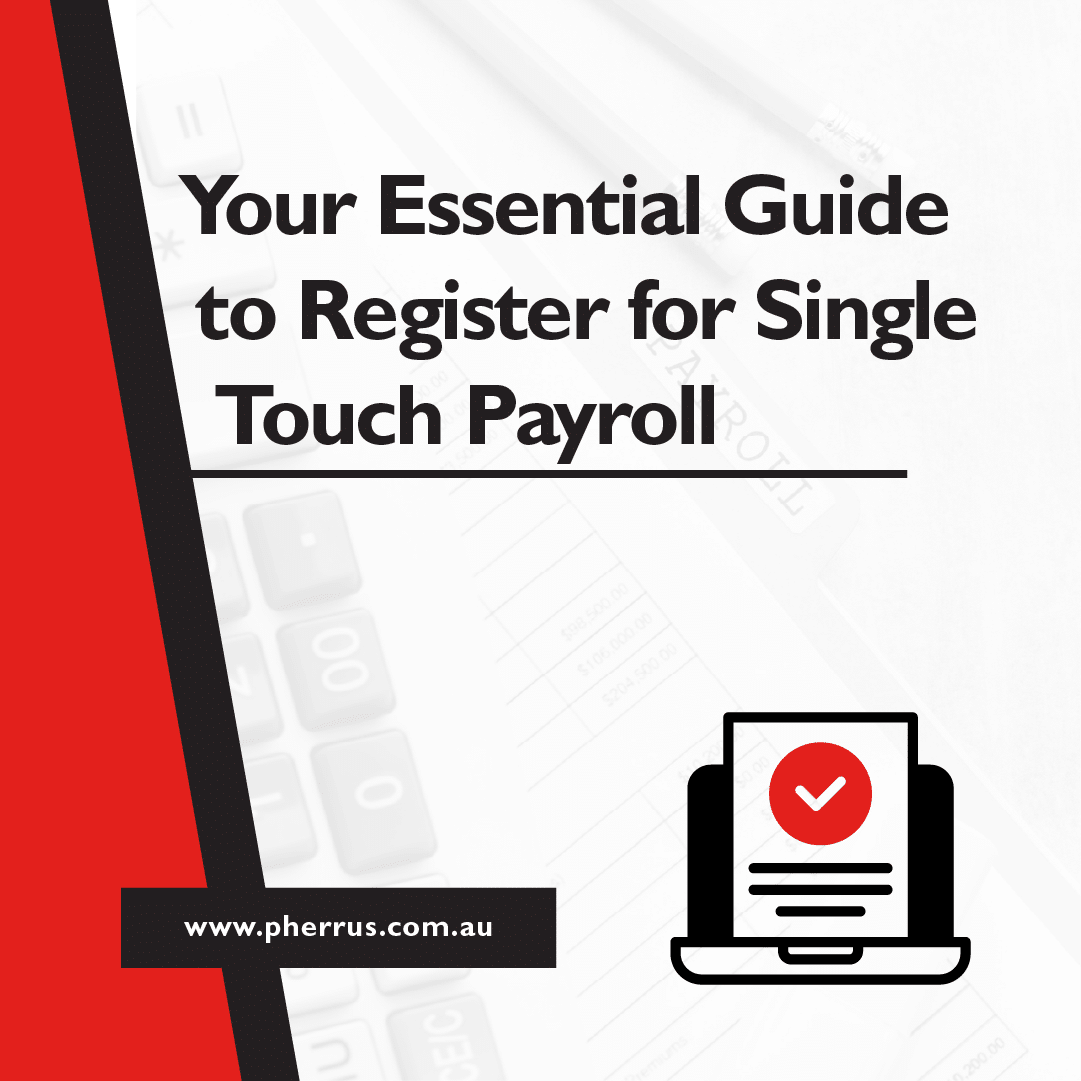Back in November 2017, the federal government announced changes to tax depreciation legislation. They announced these new changes along with the federal budget on 9 May of this year, and investors across the country are still scratching their heads in confusion and worrying about the potential impact on their future tax returns. Let us break it down for you so you know what to expect come tax time.
The New Tax Depreciation Legislation
The most important thing to note about the new legislation is that the changes have no effect on capital works deductions. This is great news for property investors because capital works deductions make up the bulk of the deductions you are eligible to claim, often totalling 85 to 90 per cent of your total deductions.
The new changes to the legislation are directed instead towards depreciable assets that are purchased second-hand. There will be no effect on the purchases of brand-new residential properties. The changes to the tax depreciation code do not effect commercial or other non-residential properties either.
Other Tax Depreciation Deductions
If you hold your investment property within a superannuation plan that is not self-managed, you’ll still be able to claim your deductions as you usually would. Any depreciation that is associated to running a business that you own can be deducted as usual as well.
Even within the second-hand properties that the new legislation affects, there are still opportunities to reduce your tax liability. If a property that you purchase has been sufficiently renovated over the years, as determined by the ATO, it may be exempt from the provisions set out in the new legislation. For these renovations, you can continue to claim the tax depreciation deduction for the remainder of the 40-year timeline, starting from when the renovation was completed.
Finally, any new equipment you install in a second-hand property will still be eligible to take depreciation deductions. This holds true even if the property itself is no longer eligible for deductions. For the assets being replaced by the new additions, a deduction under the capital loss schedule can help you recoup some of the costs of replacing the items.
For More Tax Help
If you are still a bit confused by all of this, that is perfectly understandable. Tax legislation can be quite complex so it’s a lot to ask for general consumers to understand the intricacies of our country’s tax policy. For any tax, investing and wealth building questions you have, our team of experts here at Pherrus Financial are always happy to help.
We take the time to get to know the details of each change to the tax code, no matter how minor, so we can continue to provide our clients across the country with the exemplary tax services they have come to expect from us. When you work with us, there is minimal risk of a future ATO audit as we pay attention to even the smallest detail. Get in touch with us today to start preparing your taxes for the coming year.




